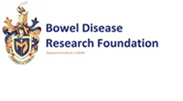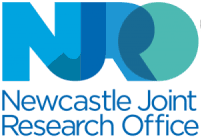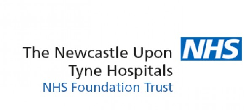Data Collection - What does this mean for you?
What is the purpose of IMPACT and why is my data being collected?
This is a data collection study to look at how you have been cared for and investigate the UK-wide differences in the management of patients with rectal cancer within the NHS. This will involve collecting and analysing patient healthcare data provided by your rectal cancer surgery team (also known as Multidisciplinary Team or MDT). The data collected will allow our researchers to measure clinical and patient cancer outcomes.
Your data is being collected as you have been identified by your MDT to advance or recrurrent rectal cancer.
What will taking part involve?
You will not be required to do anything for the study, we will simply be collecting information on your care through your local MDT. After 12 months, the collected research data from the study will be linked to national datasets through a registry called CORECT-R.
What is CORECT-R?
CORECT-R stands for The COloRECTal cancer Repository.
CORECT-R is a large database which contains lots of information about the colorectal cancer pathway. This includes details of any tumours (e.g. pathology, site and morphology) and the patient (e.g. age at diagnosis, and gender).
Also, information about how the tumour was diagnosed (e.g. any diagnostic tests used and a person’s route to diagnosis) and treated (e.g. any surgery, radiotherapy or chemotherapy).
Why will my data from IMPACT be linked with CORECT-R?
Linking IMPACT I data with CORECT-R will enable our researchers to analyse long term clinical and patient outomes at 24 months and 5 years. Within CORECT-R there are lots of different datasets containing information about different aspects of care. To link these together direct patient identifiers (such as NHS or CHI (community health index) numbers) are used (which we collect from IMPACT).
This is to make sure that, for example, a person is linked to the correct diagnostic test or surgical procedure. Such personal data are, however, only needed for linking datasets and are not used for research. As such, our researchers do not have access to any personal information.





